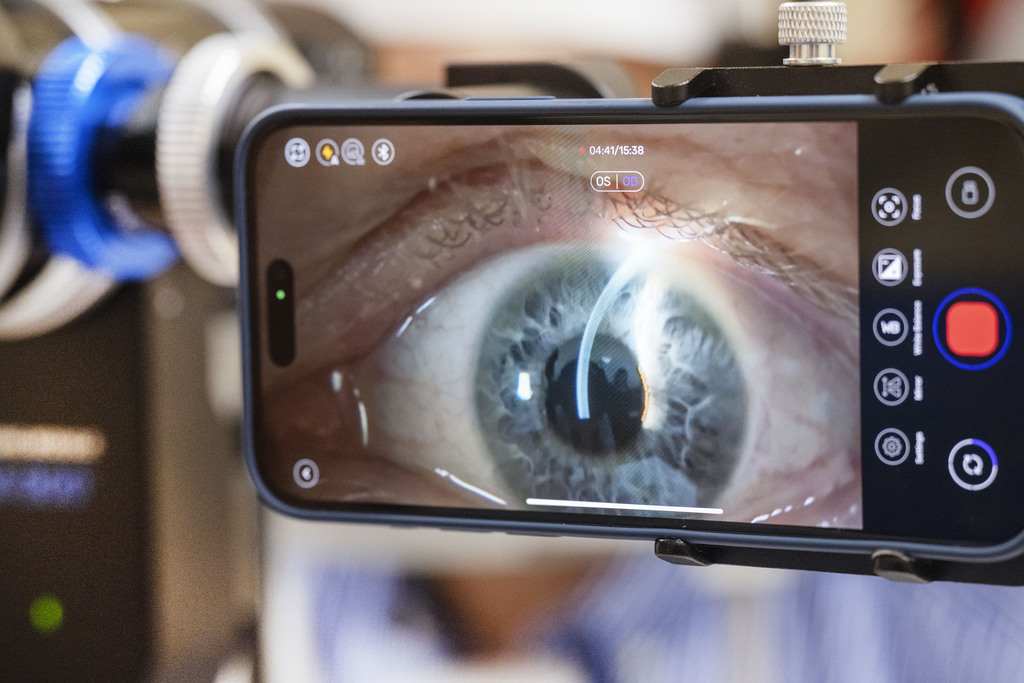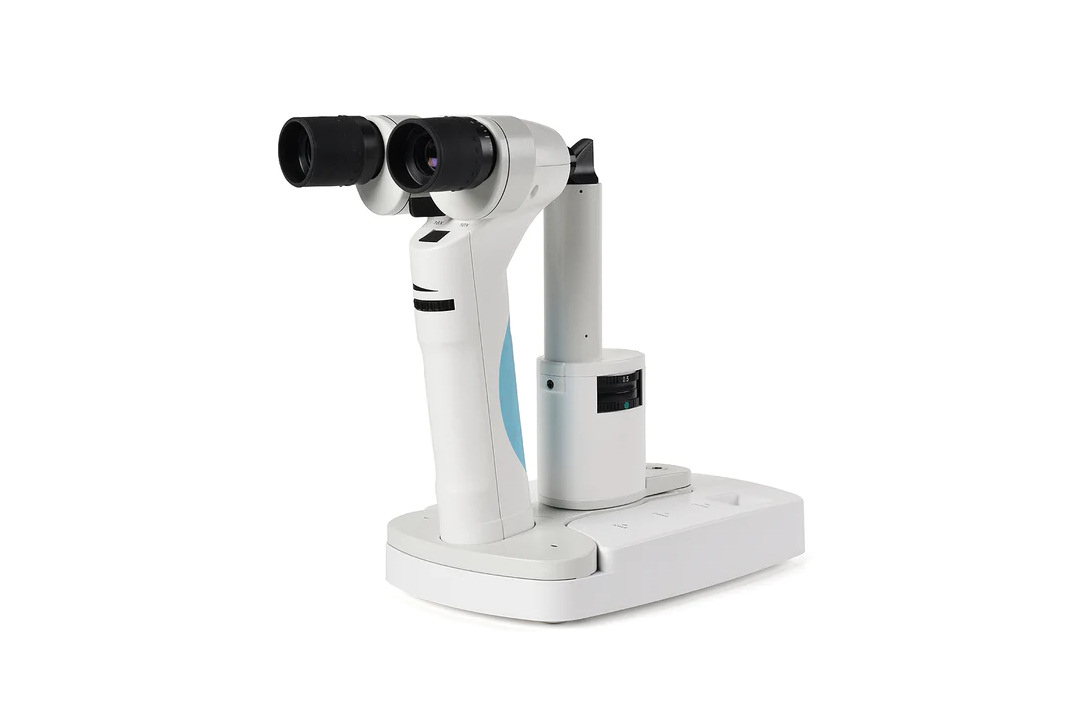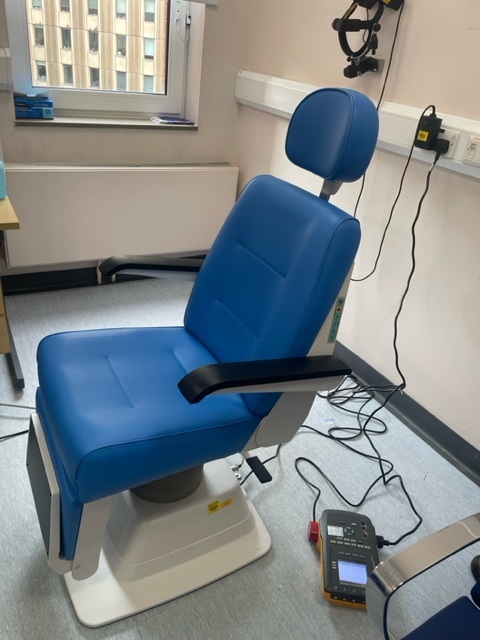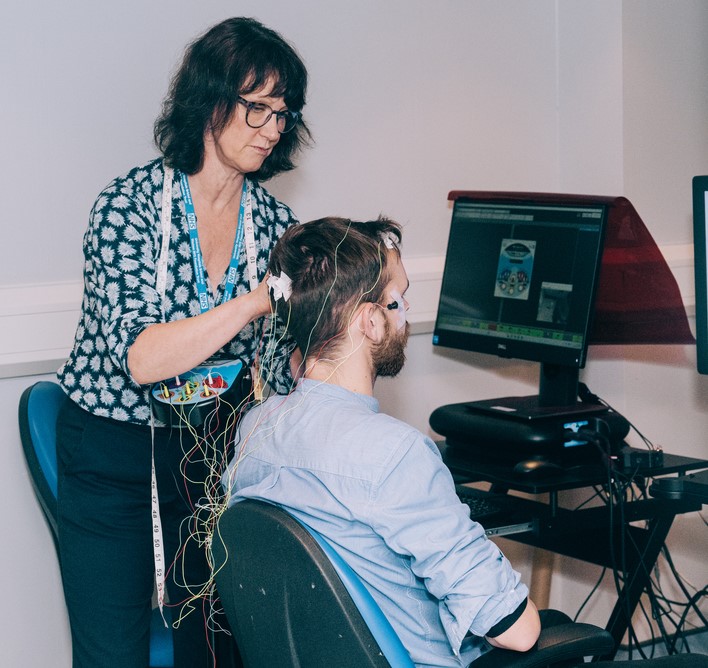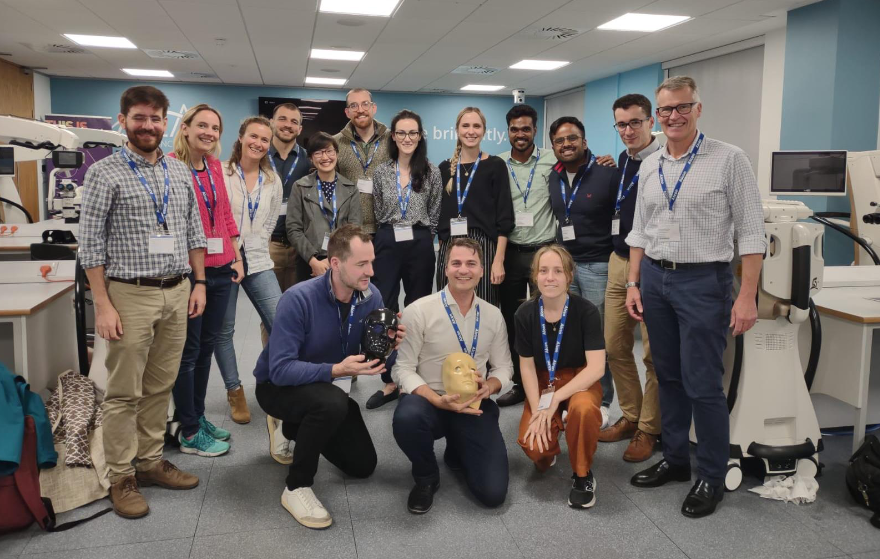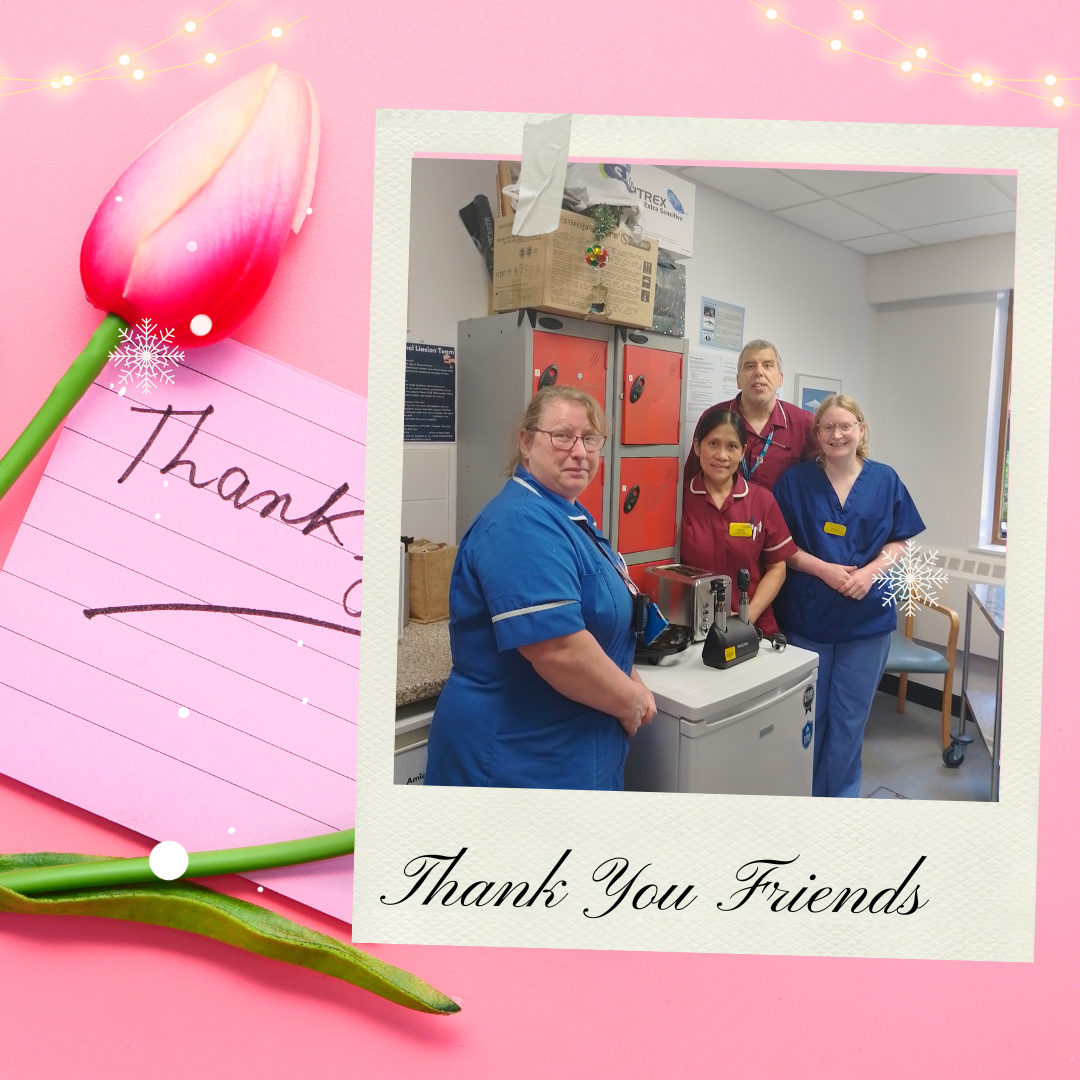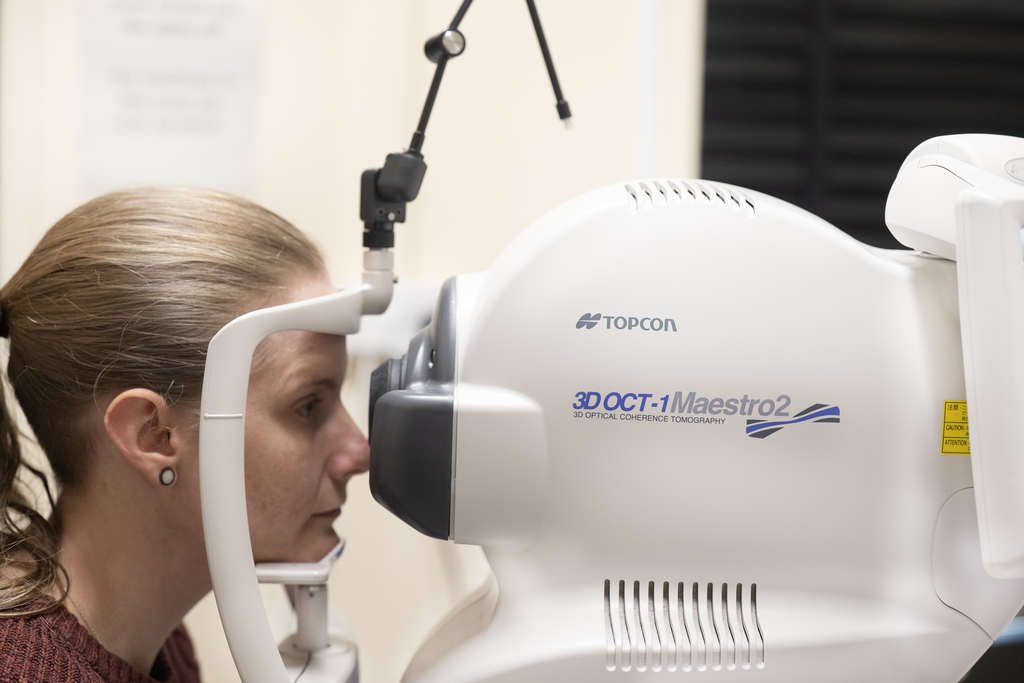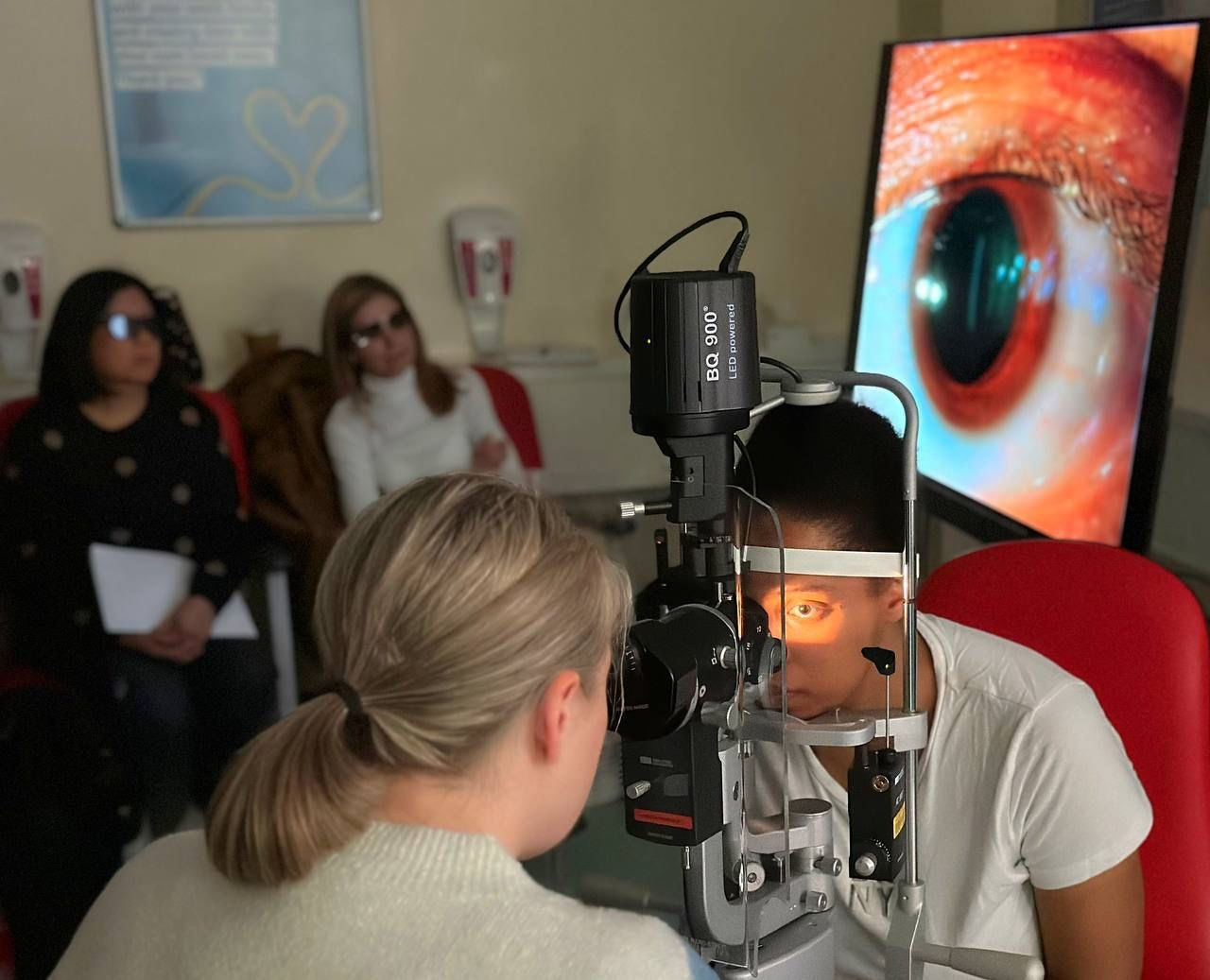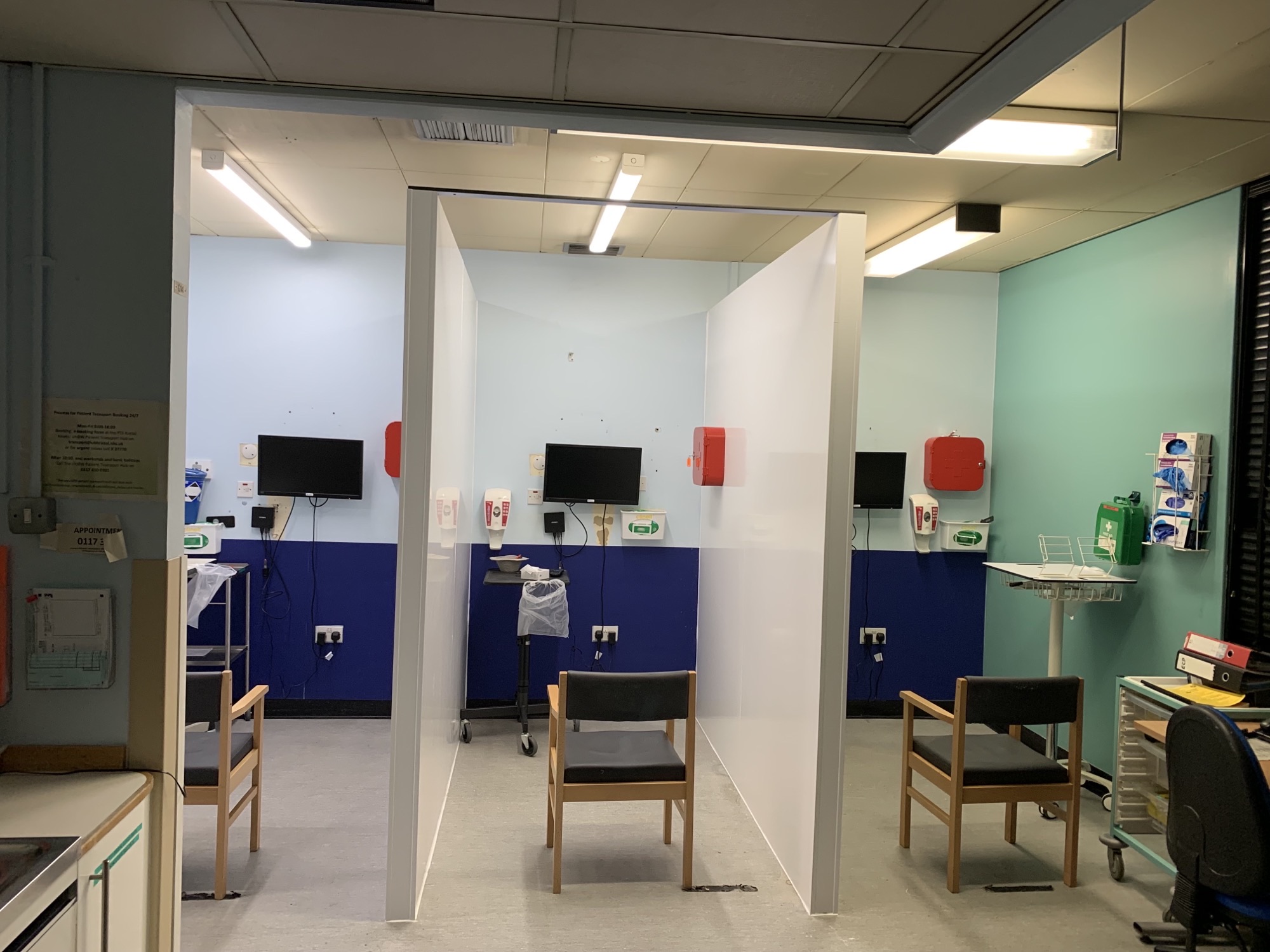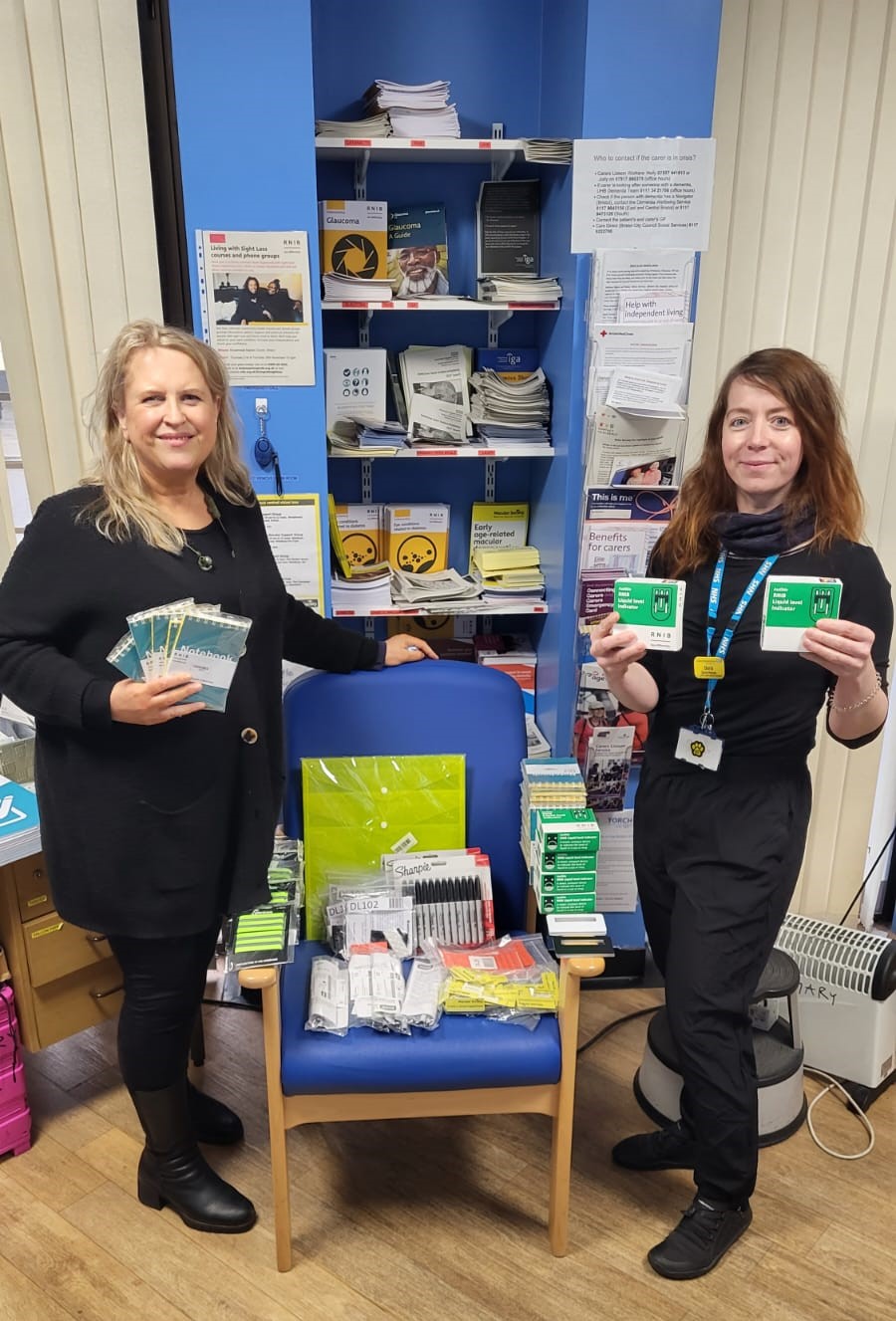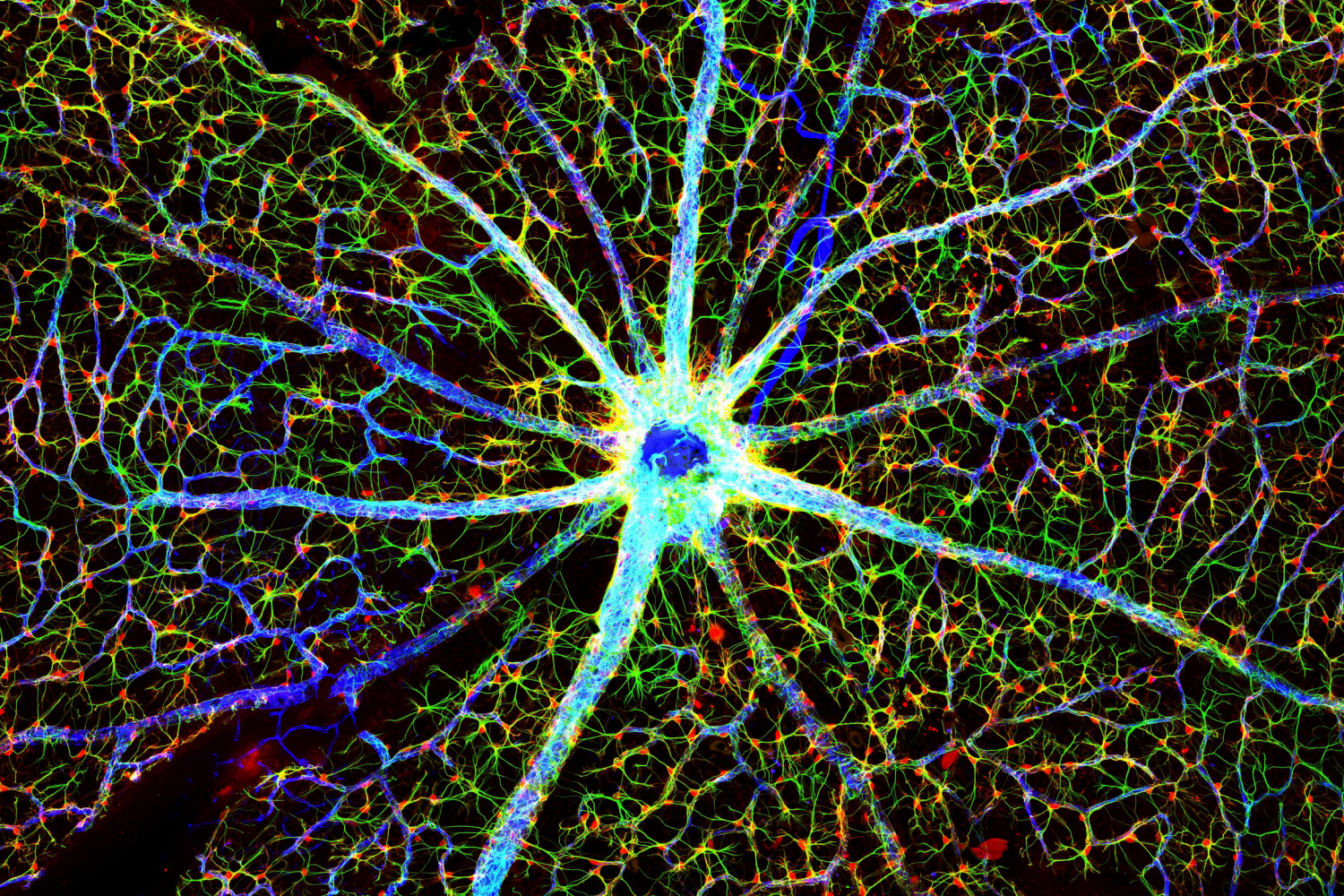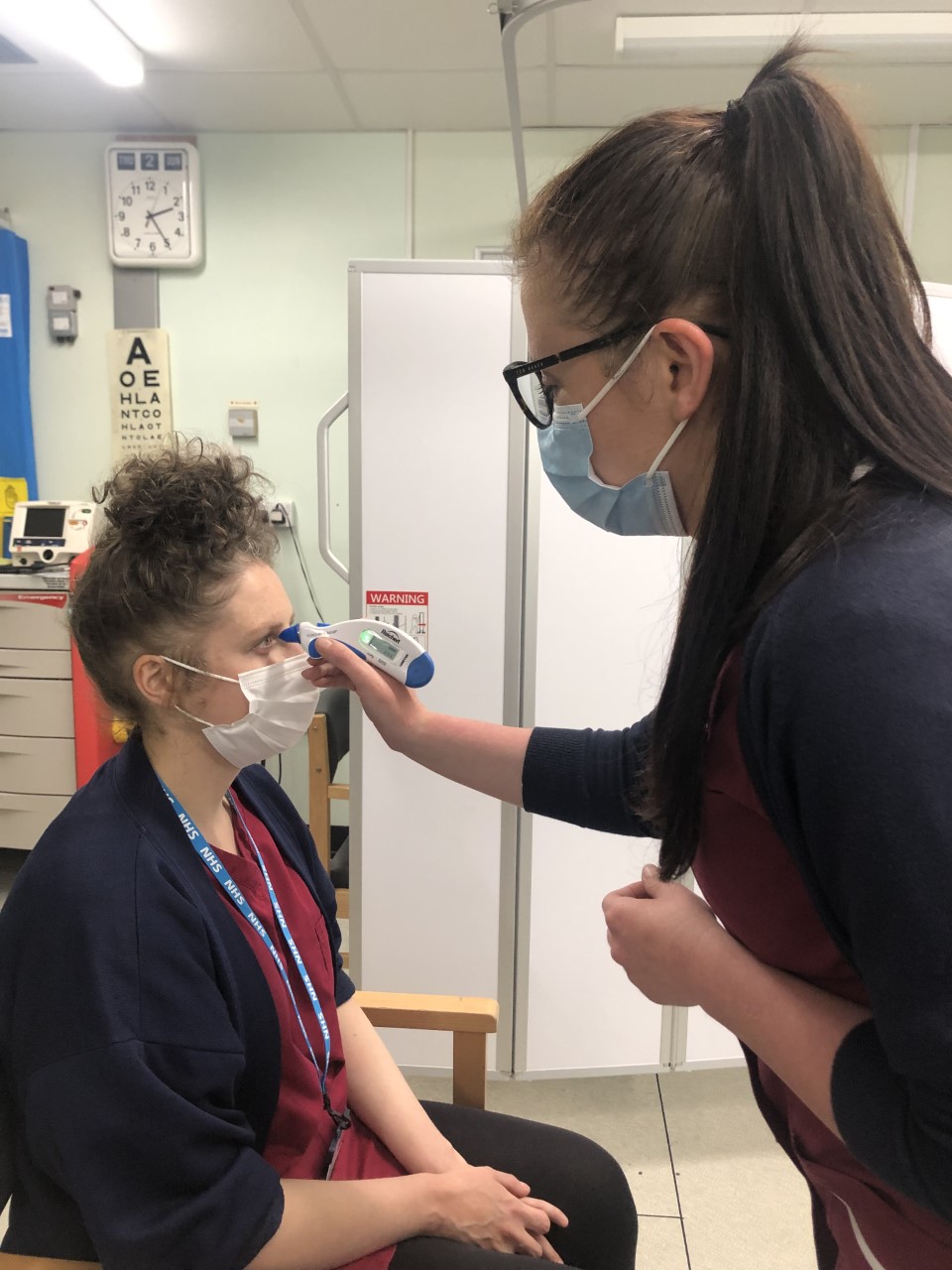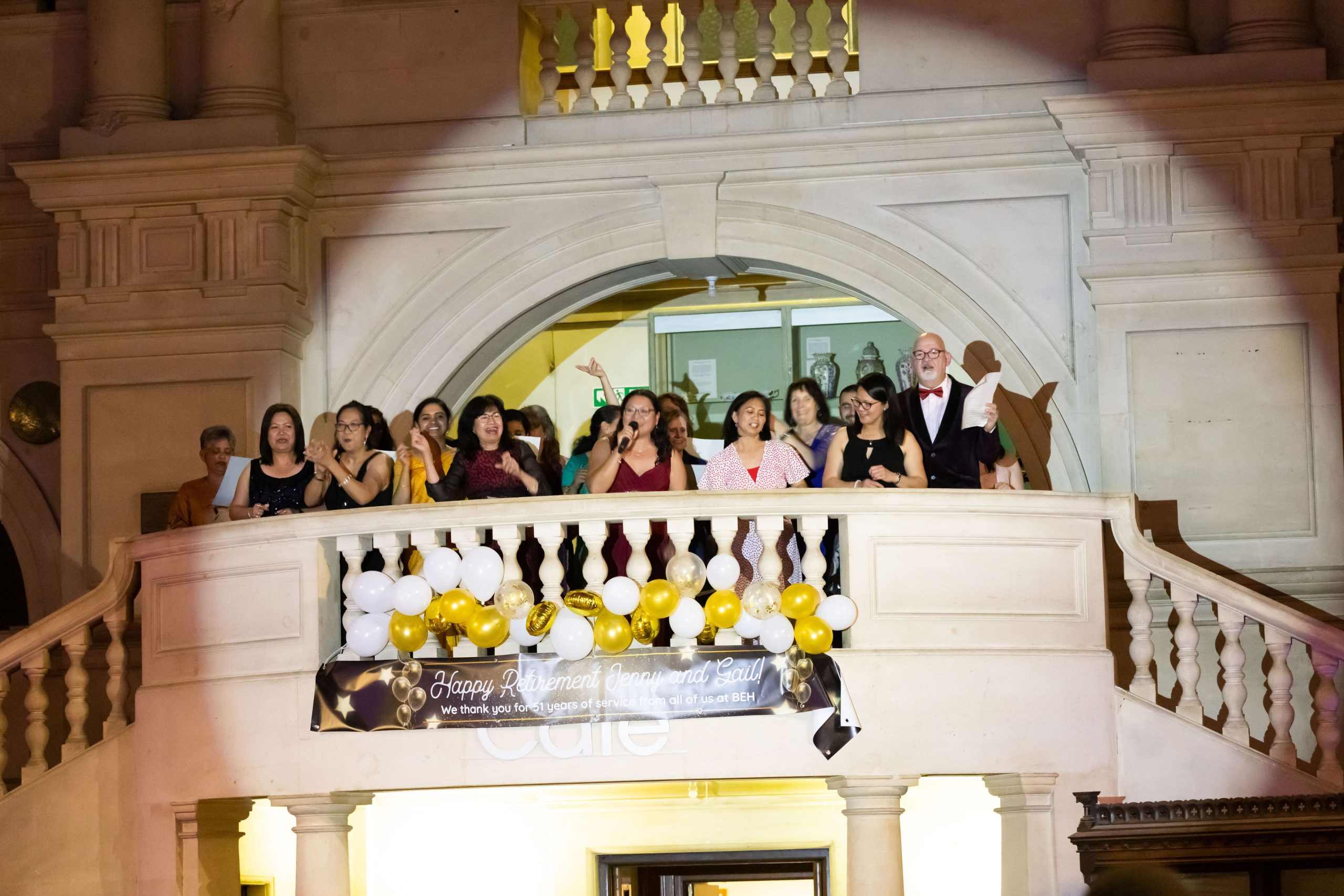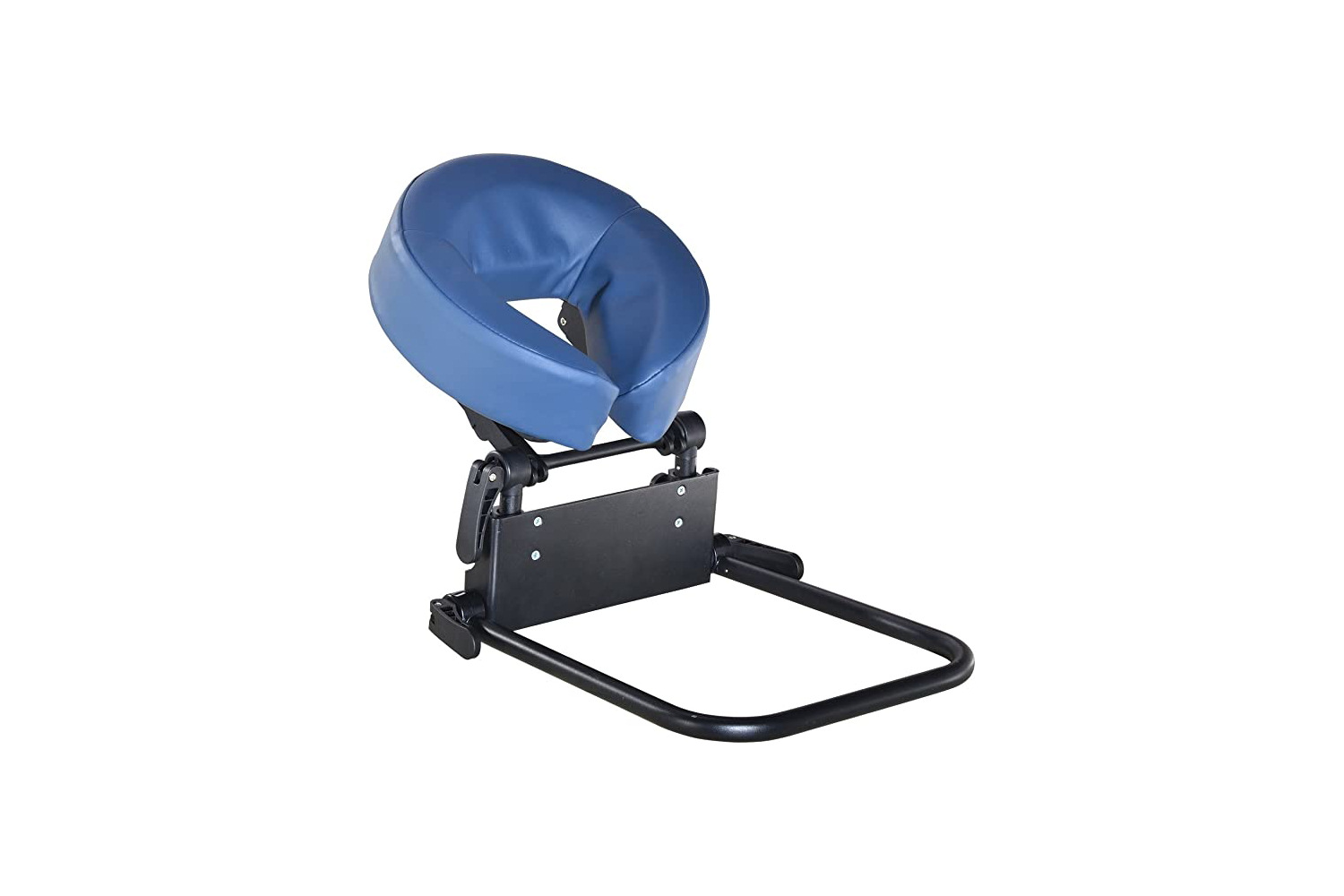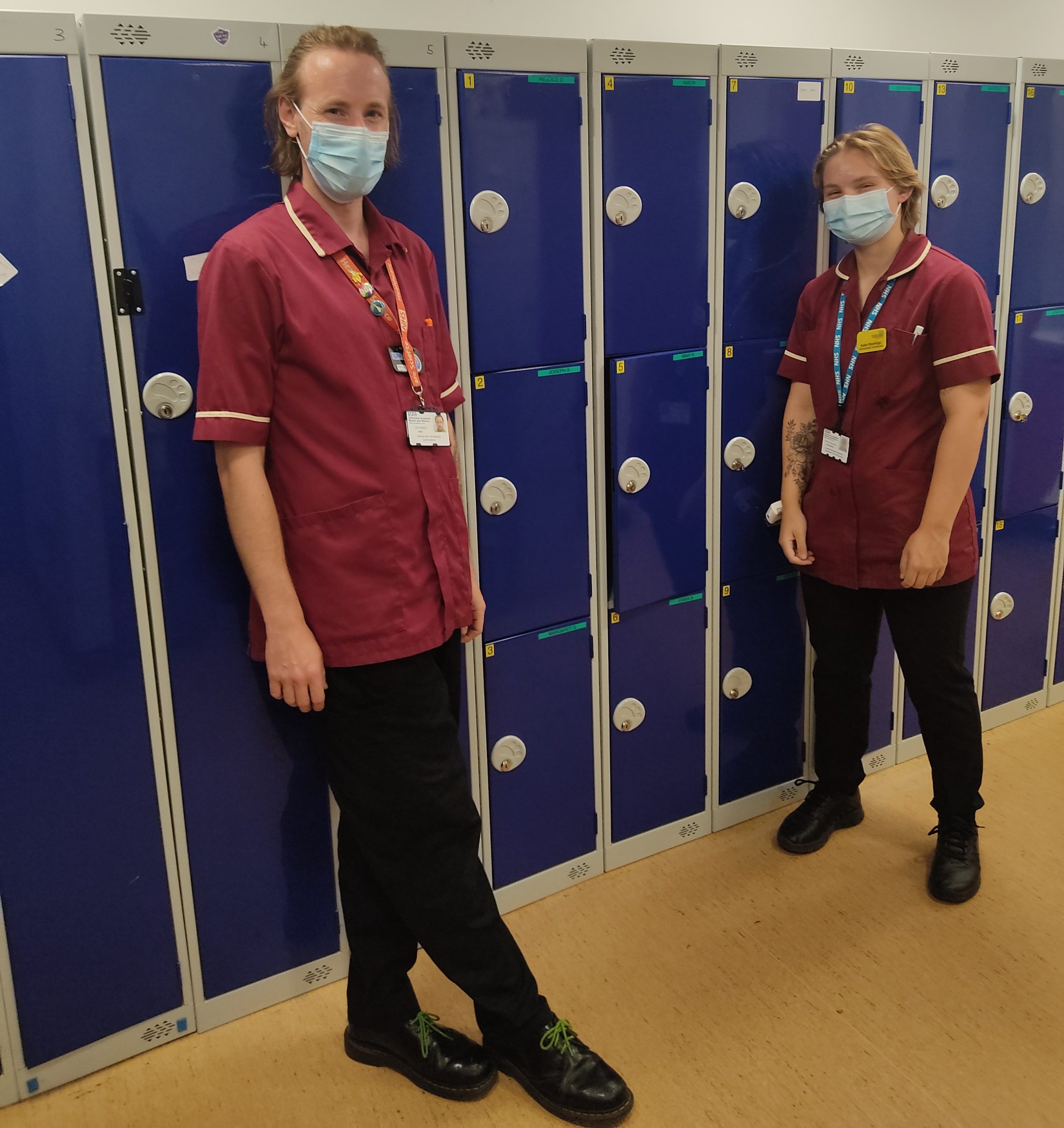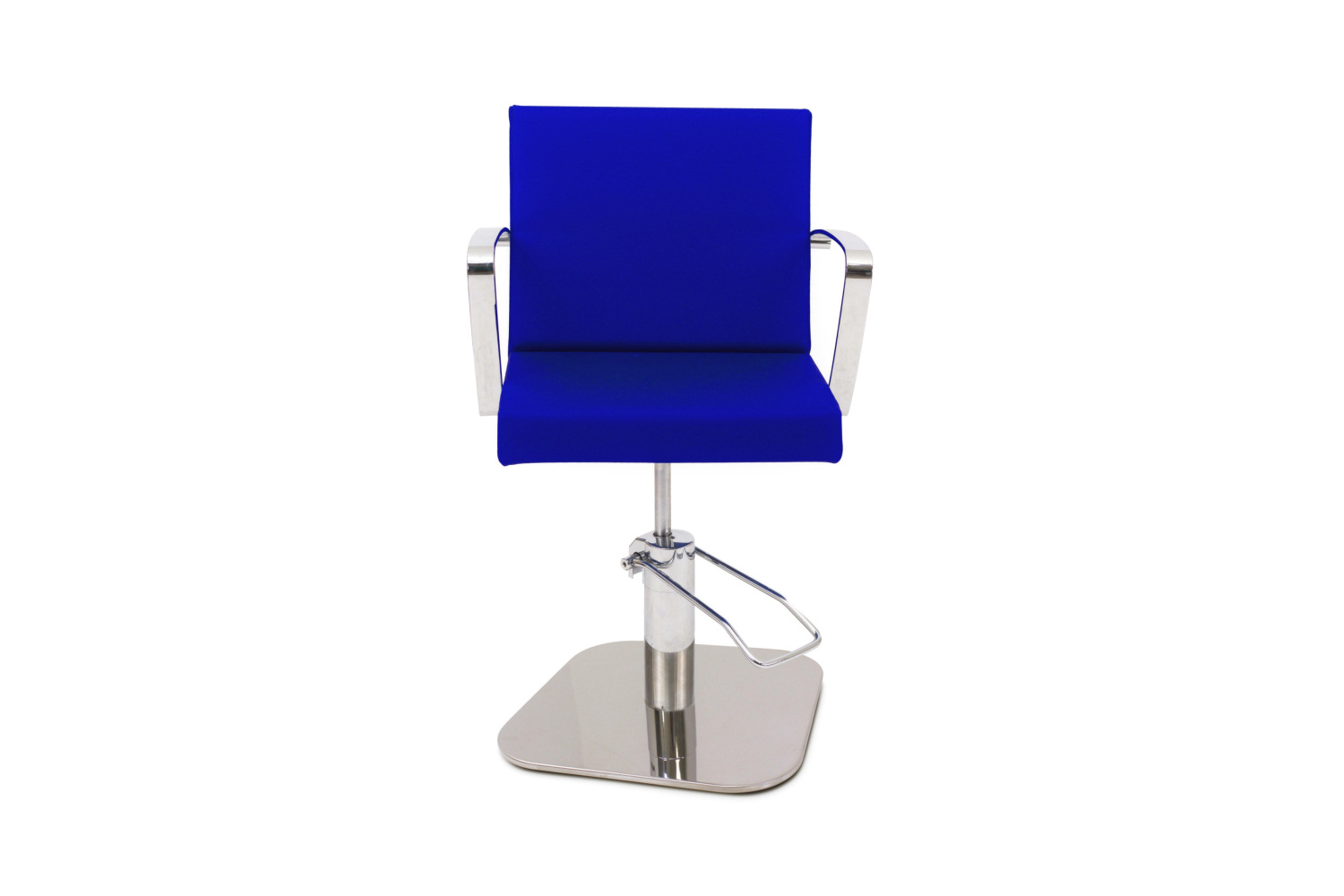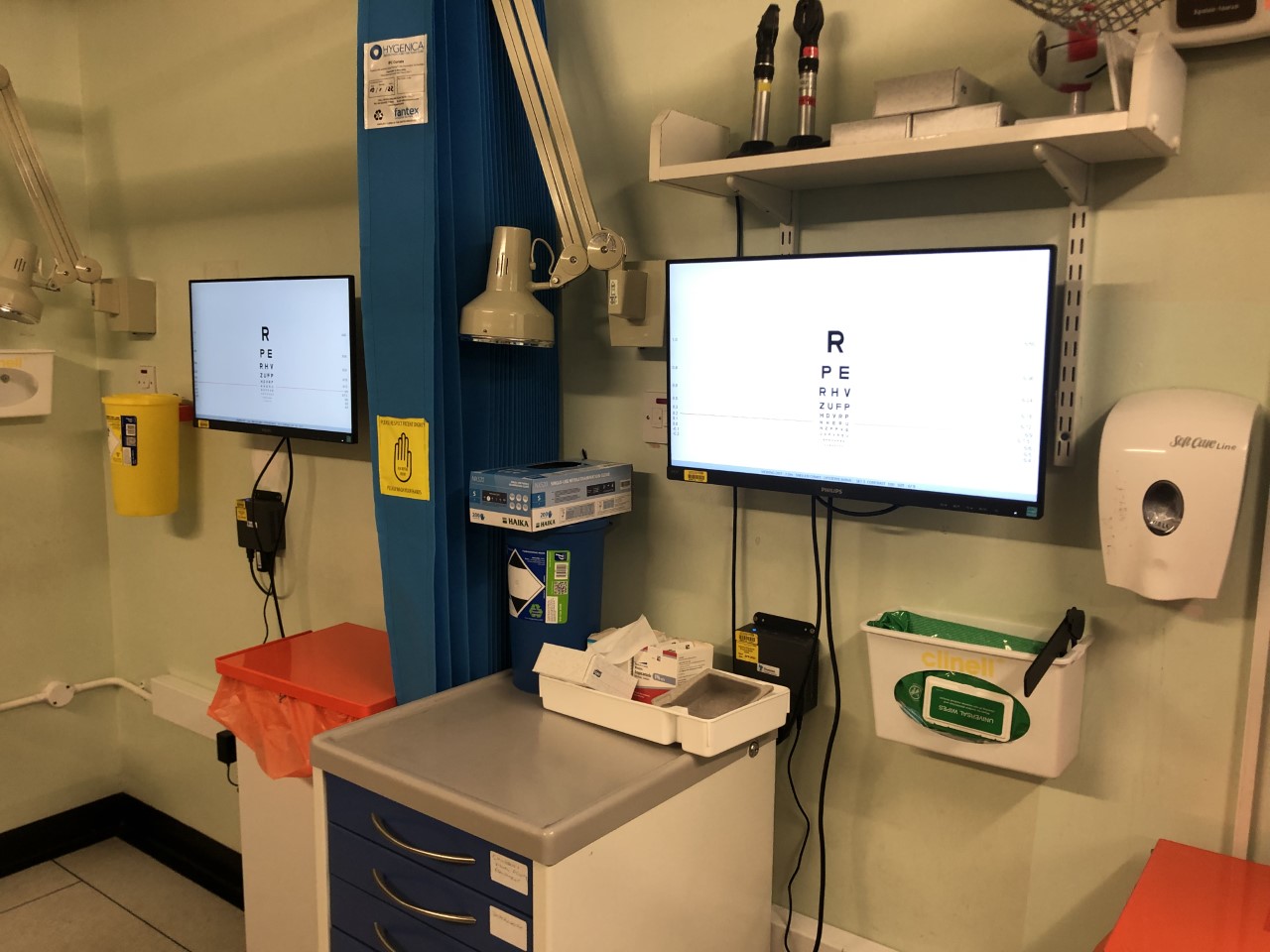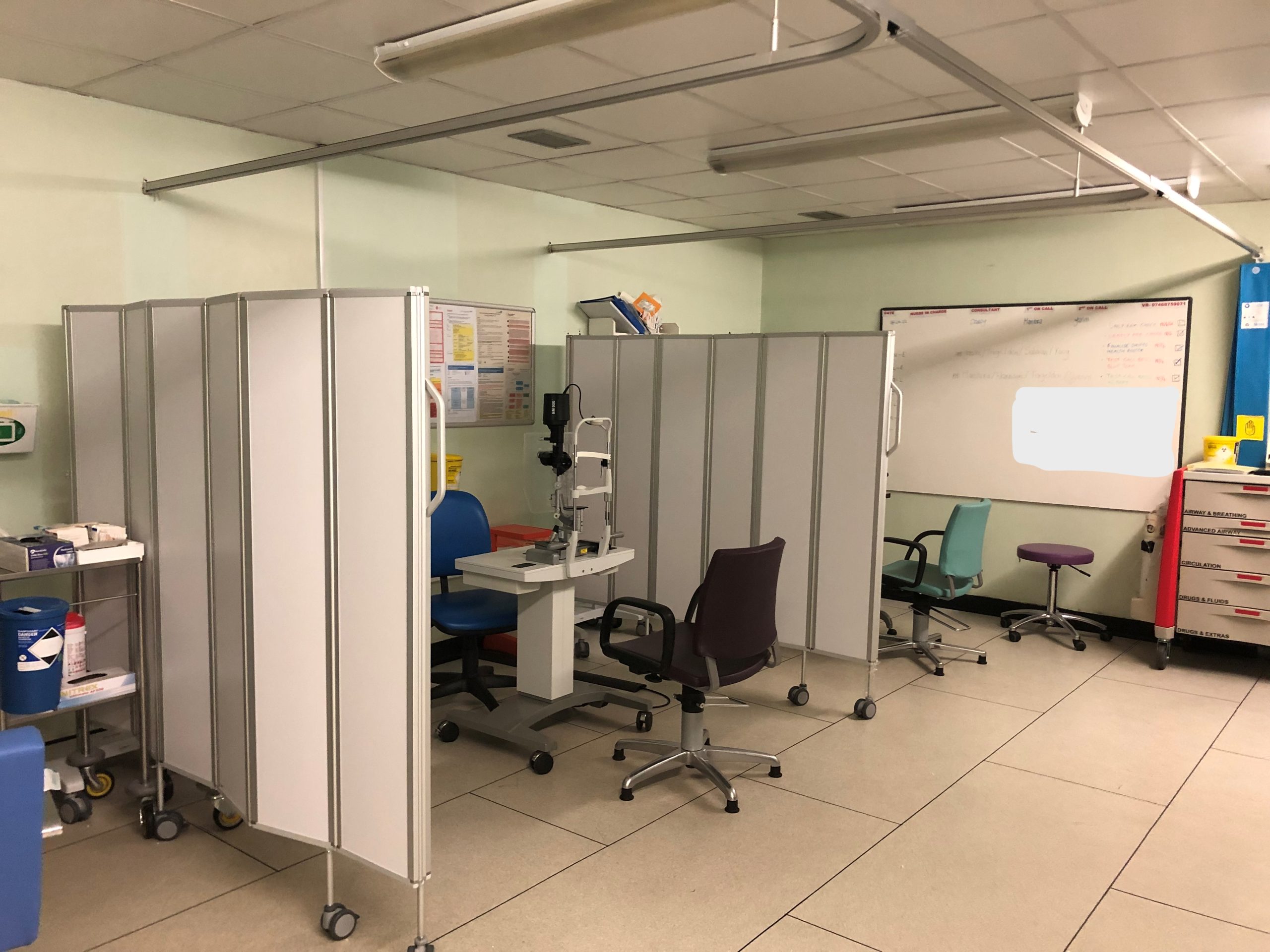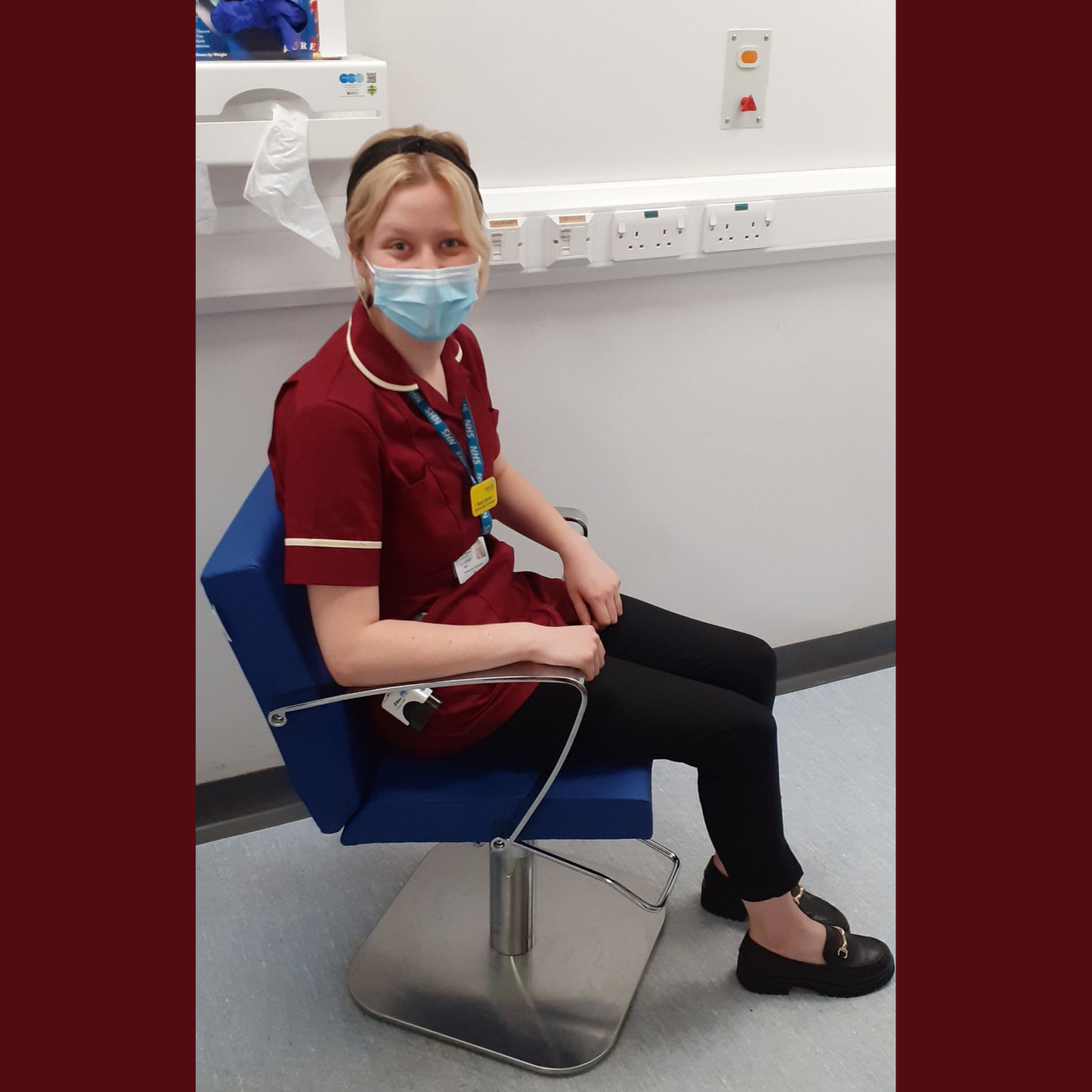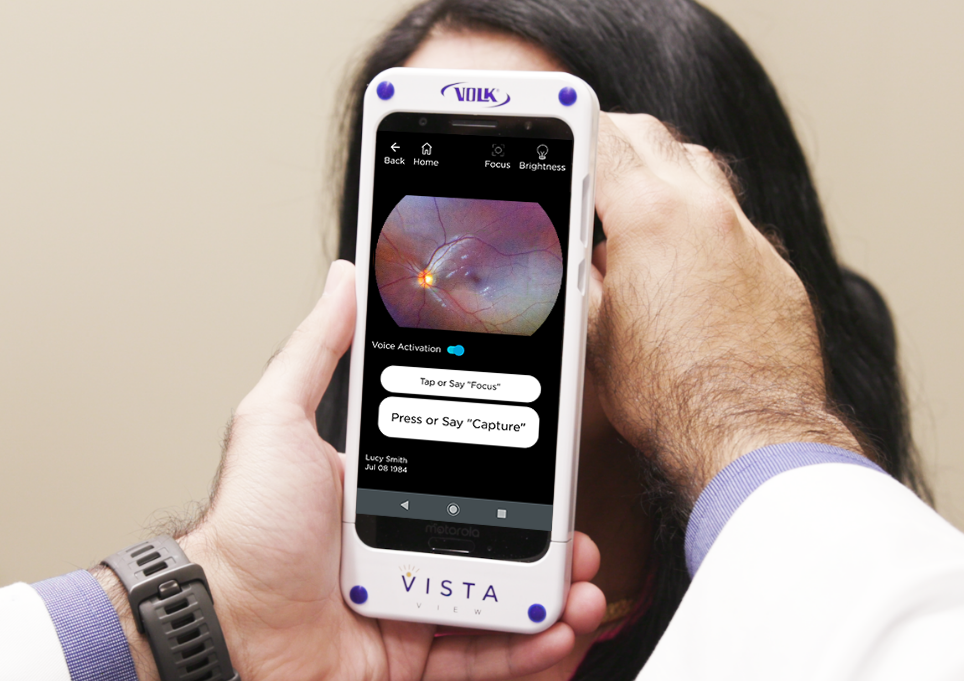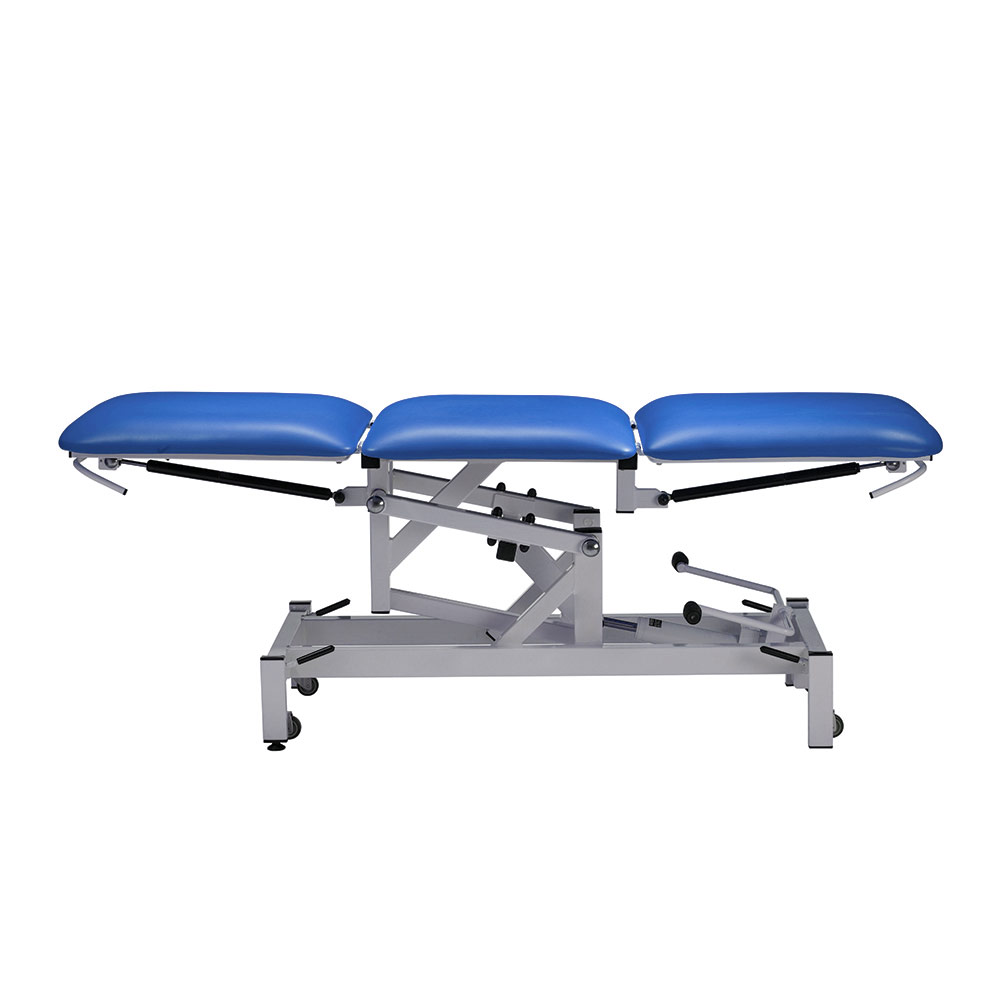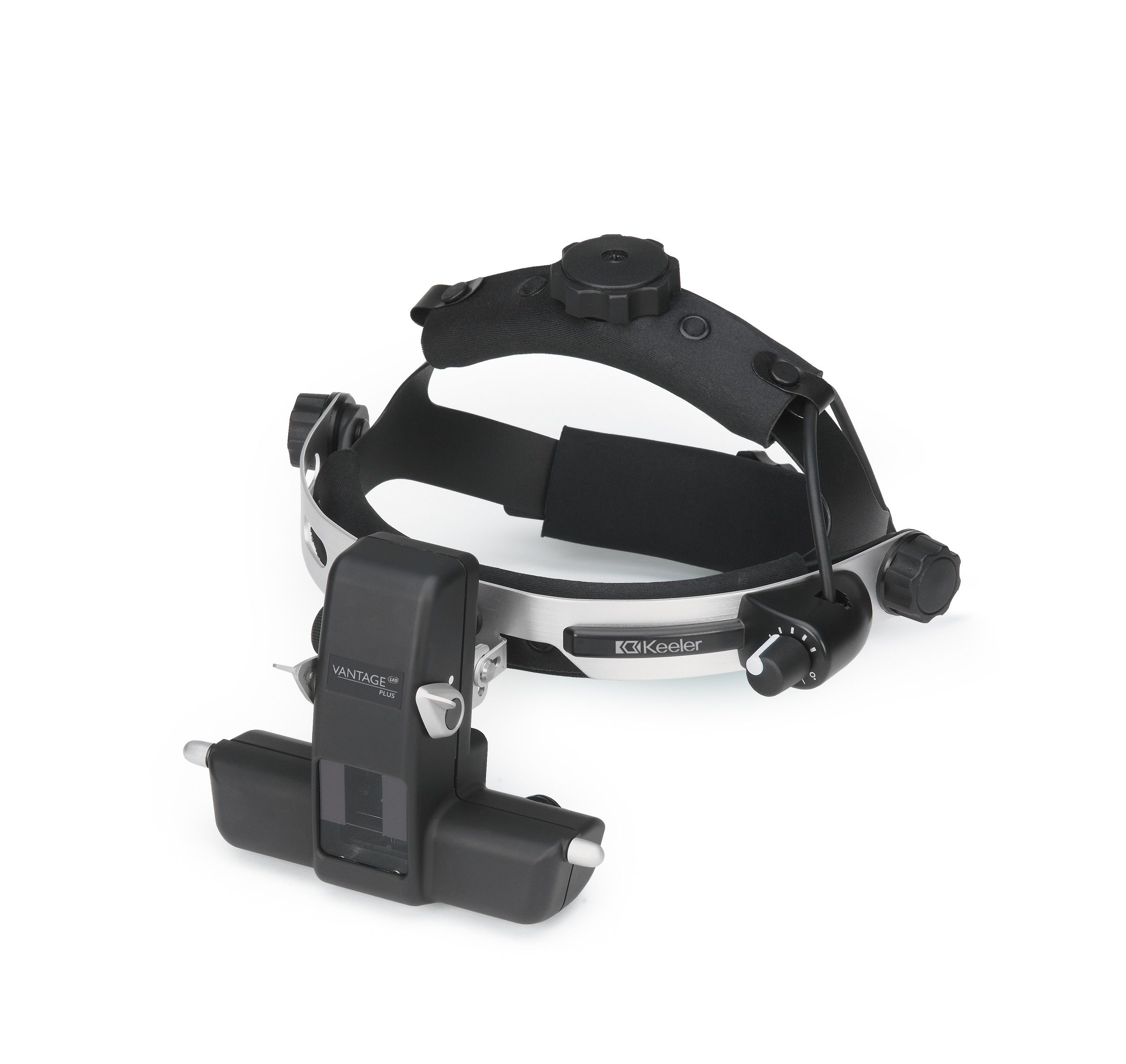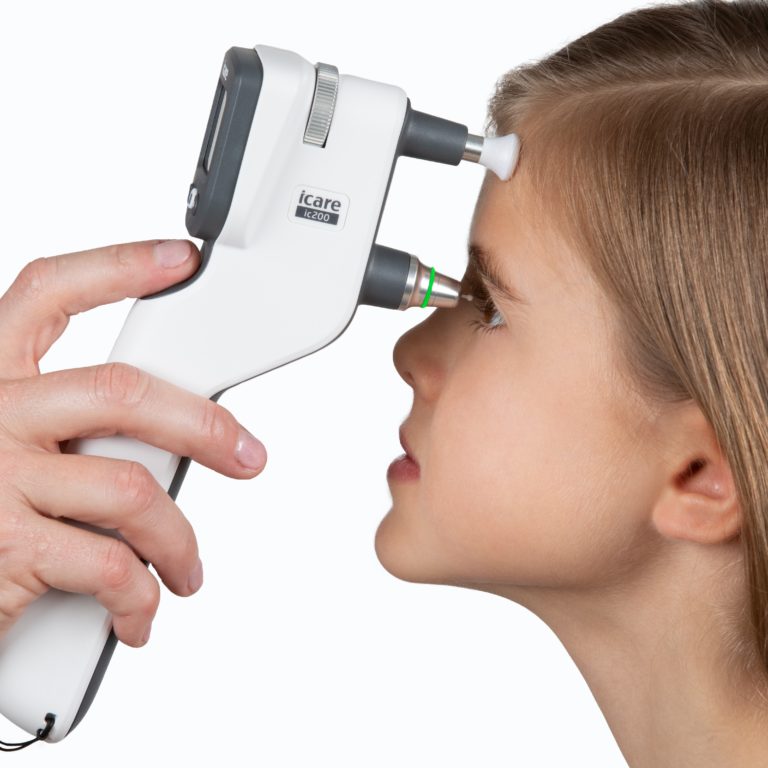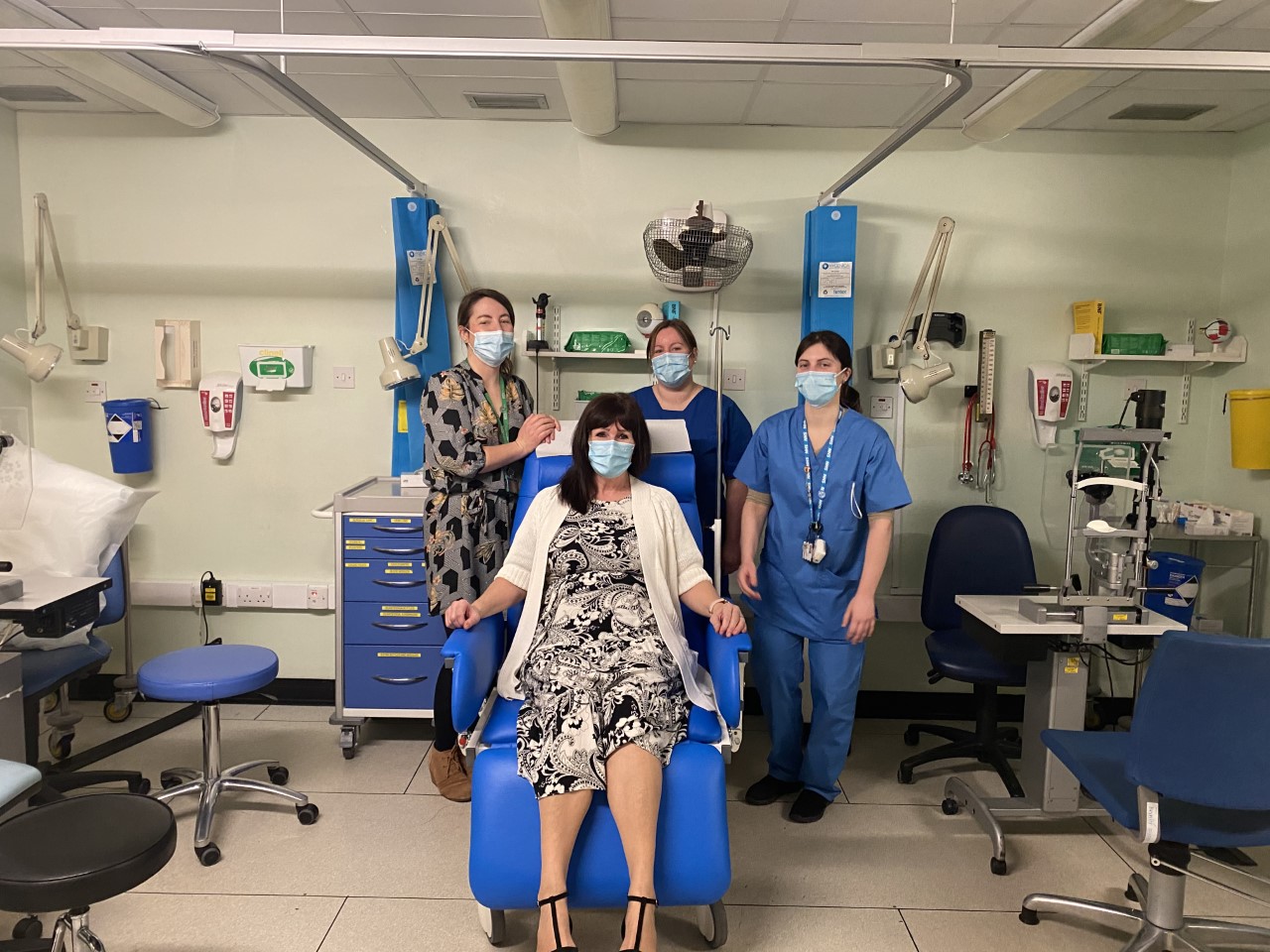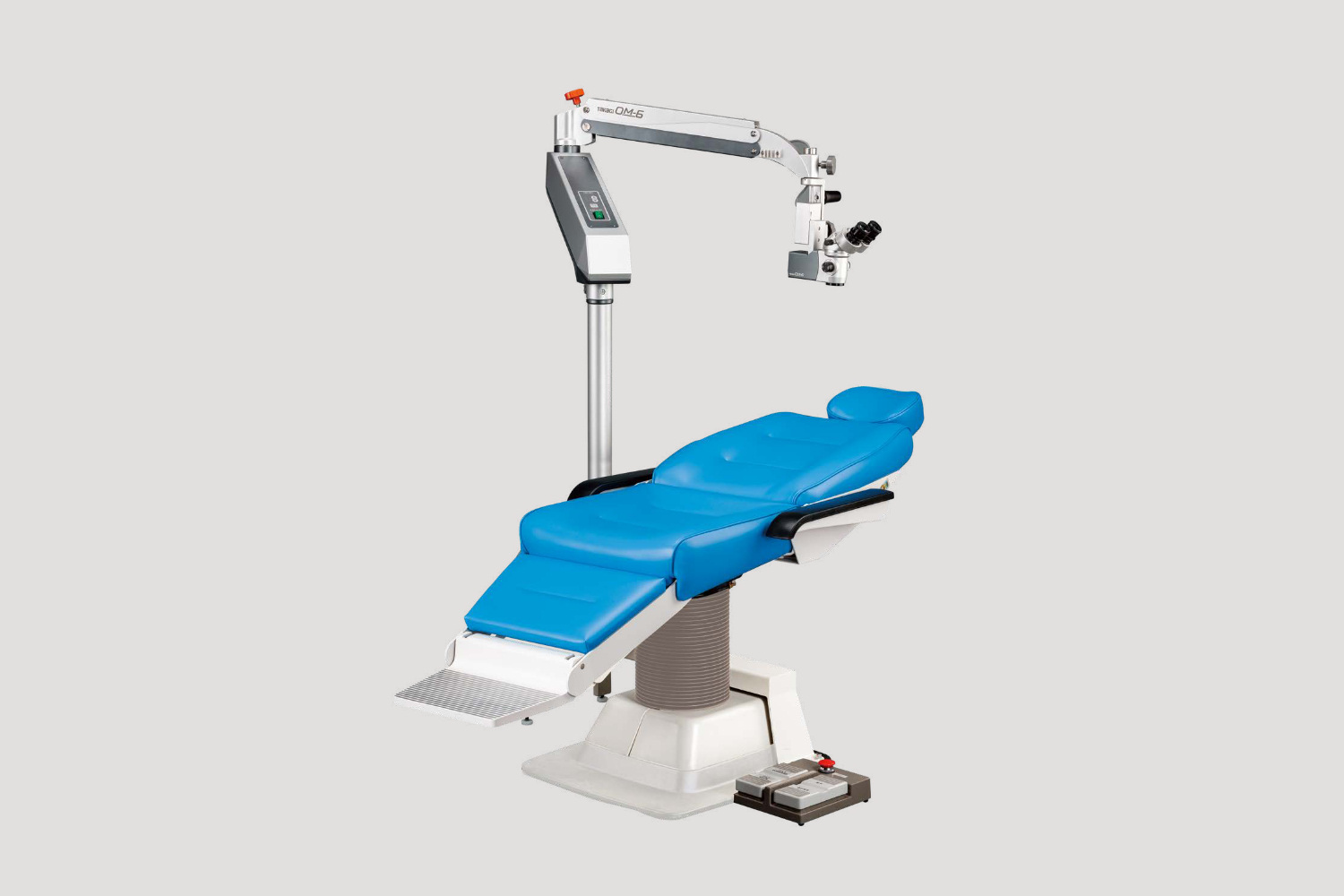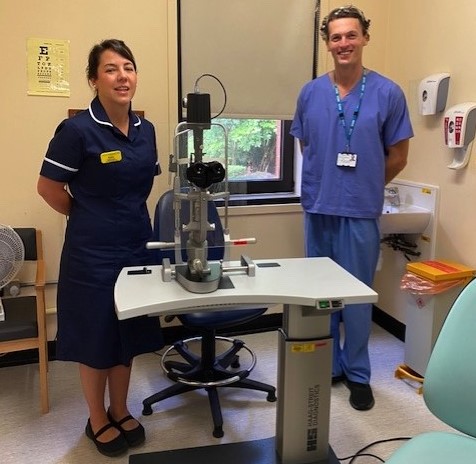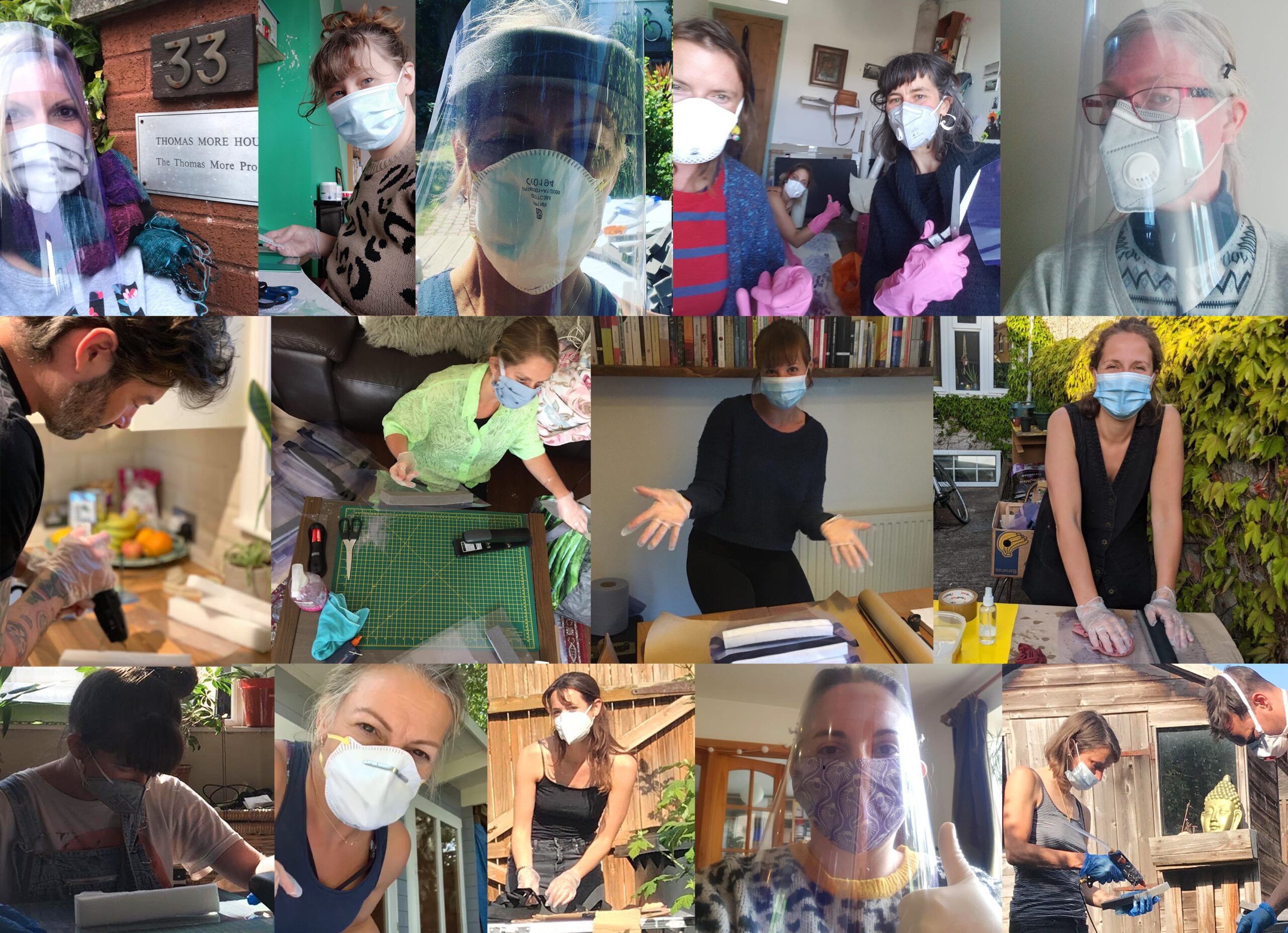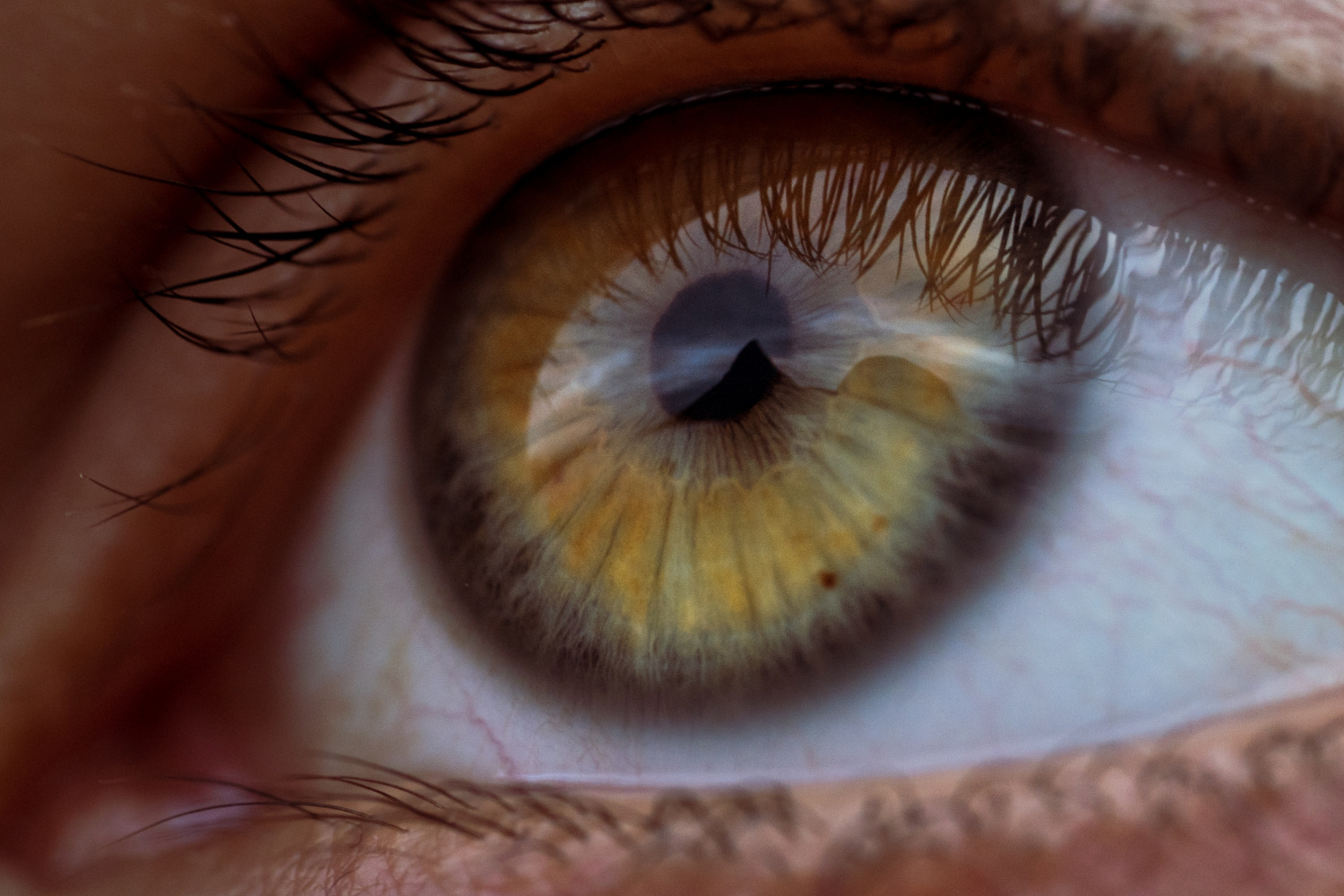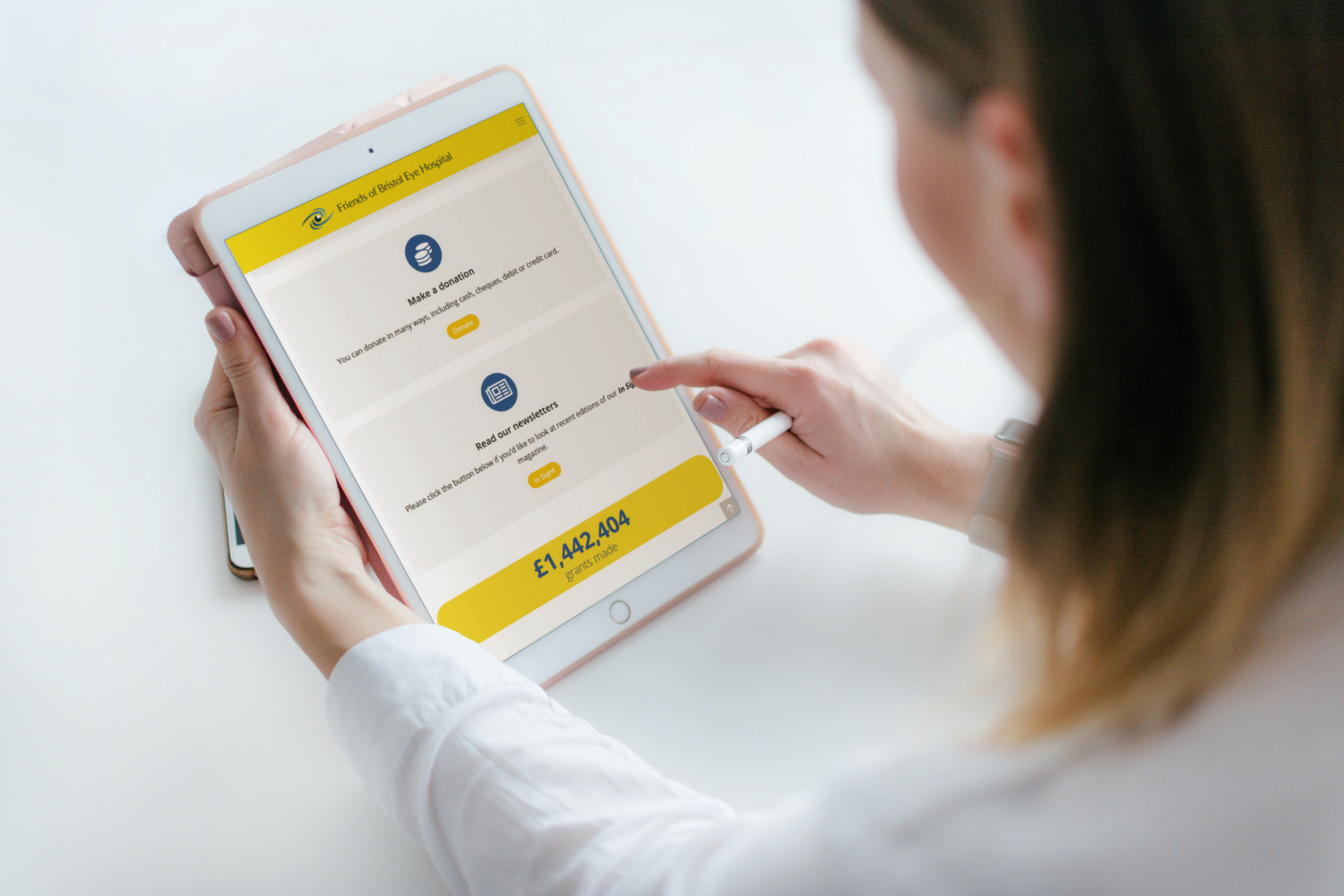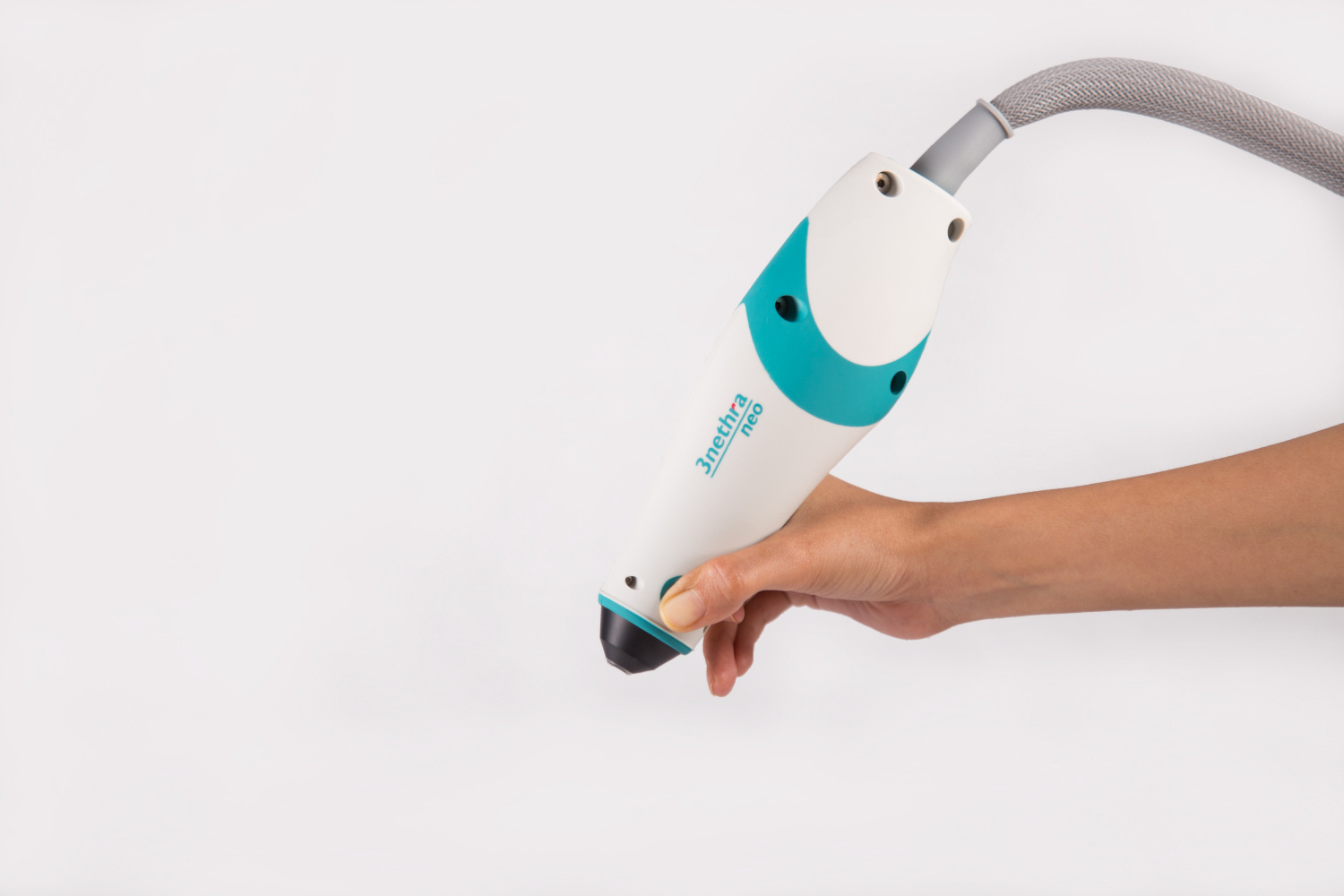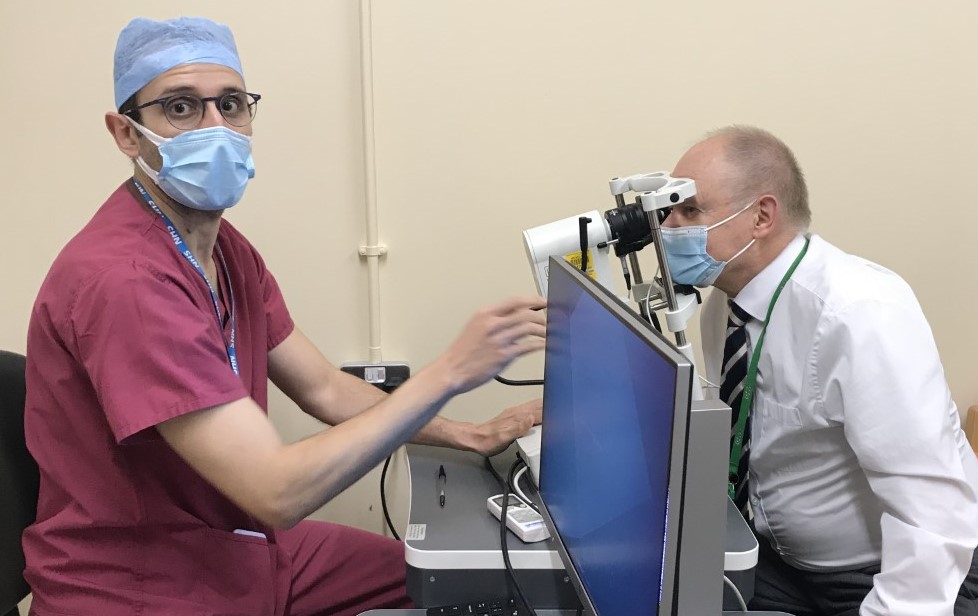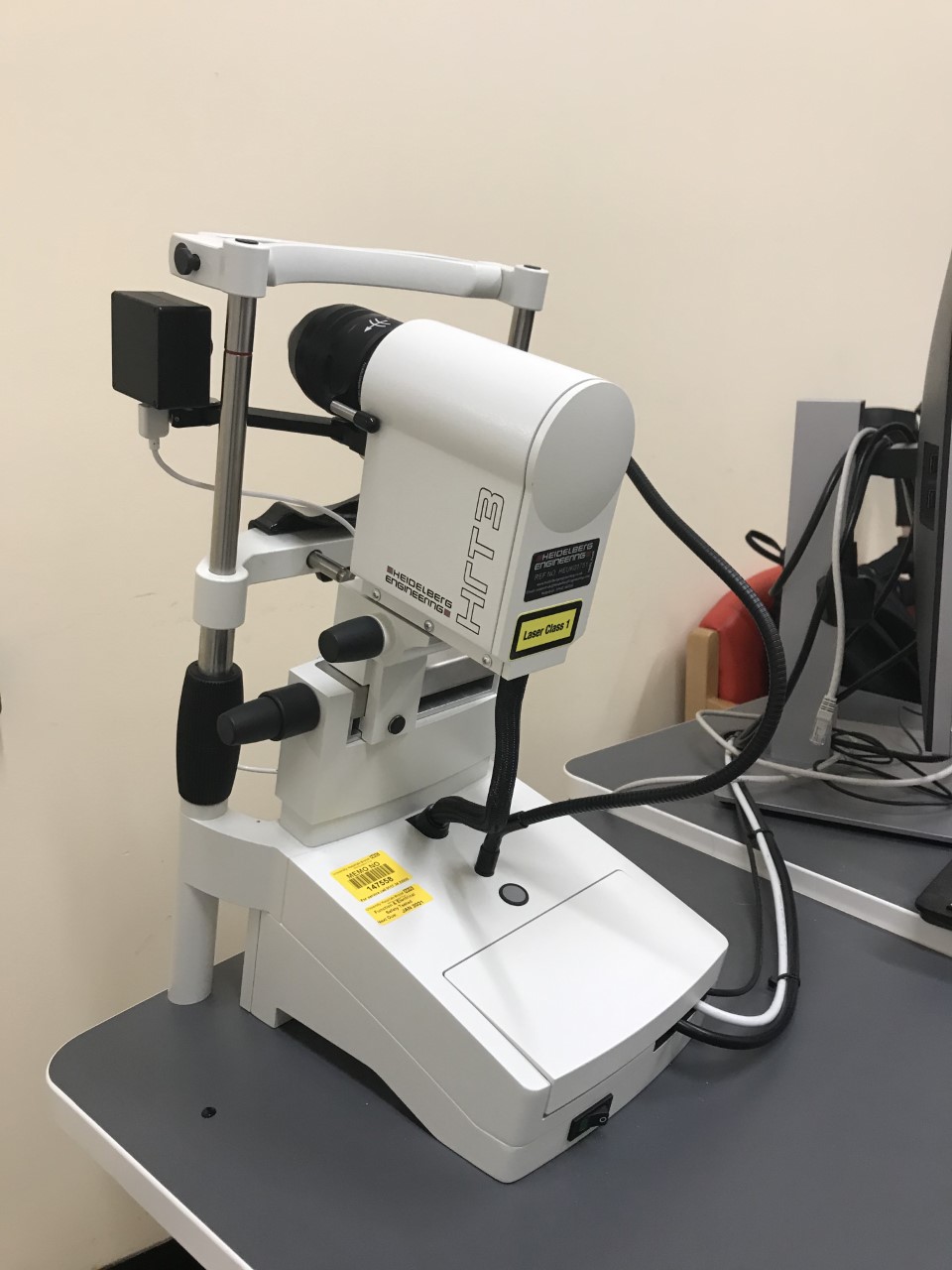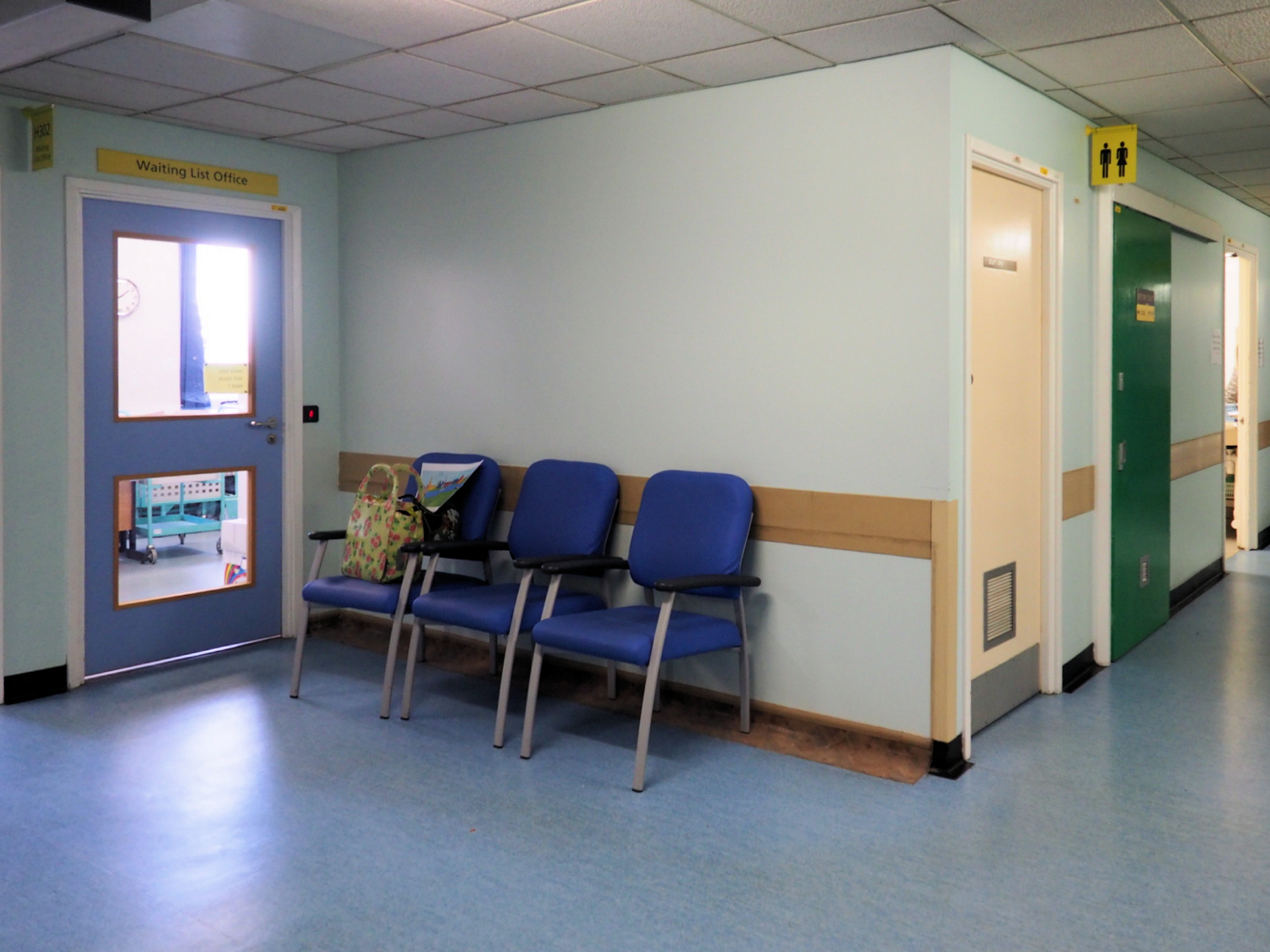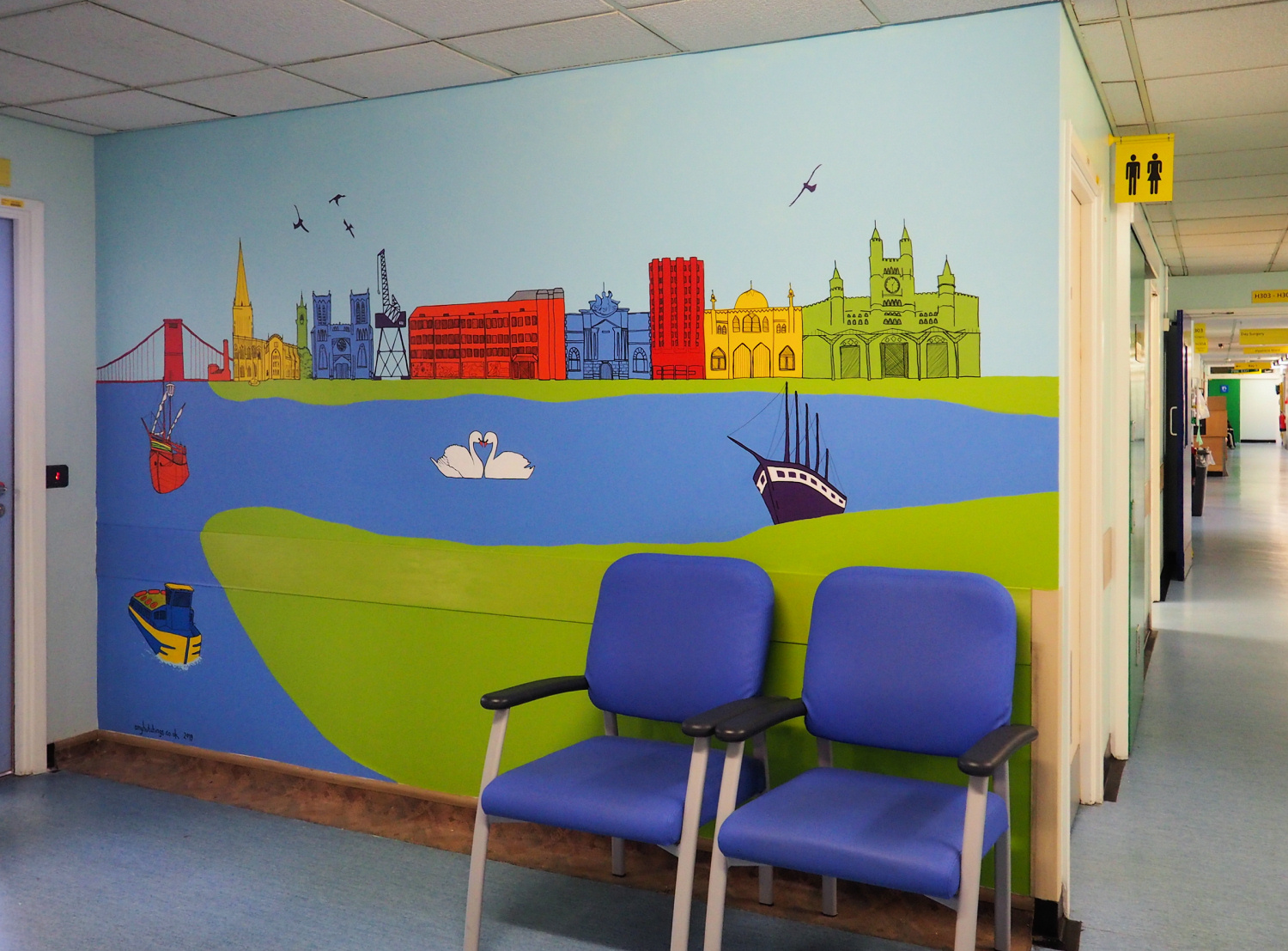Laser teaching attachment
The National Institute for Health and Care Excellence (NICE) recommend that selective laser trabeculoplasty (SLT) should be offered to all suitable patients newly diagnosed with ocular hypertension (OHT) or open angle glaucoma (OAG) as their initial treatment in place of eye drops.
Compared with medication, SLT provides a stable drop-free high pressure control for patients with a reduced need for surgery at a lower cost. Based on the evidence, SLT is the most cost-effective first-line treatment option for OAG and OHT, also providing better clinical outcomes.
To meet this new requirement, BEH needed to train optometrists to deliver SLT. Glaucoma specialist optometrists are already successfully delivering this service around the UK including other centres of excellence such as Moorfields and Manchester Royal Eye Hospital. It also frees up senior medical staff from delivering laser to see more complex glaucoma patients.
To safely train optometrists, BEH needed a teaching attachment for the laser so that the trainee can both observe treatment and be observed. The Friends were happy to meet this need.
This grant cost £6,830.
